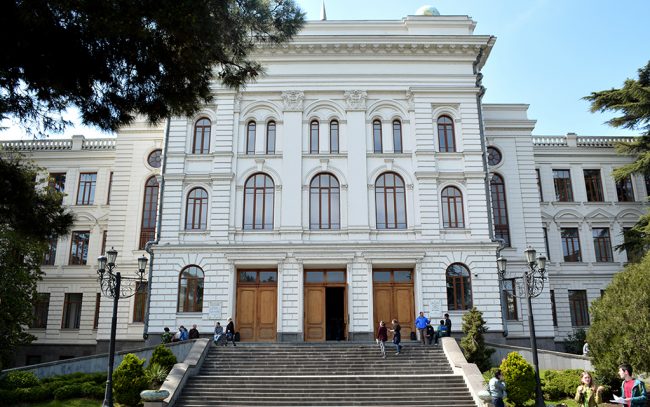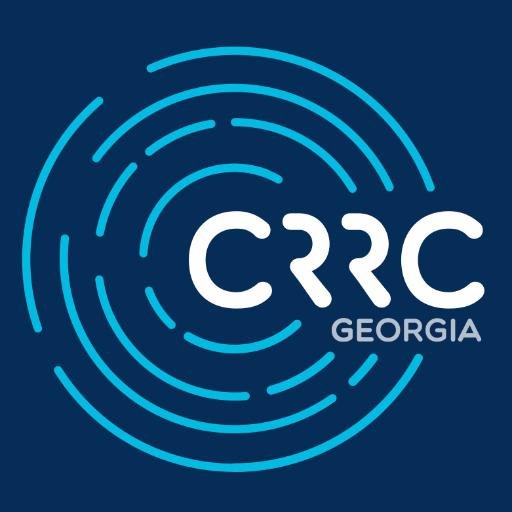


 CRRC-Georgia examines how the more time a person has spent in formal education in Georgia, the less they trust it.
CRRC-Georgia examines how the more time a person has spent in formal education in Georgia, the less they trust it.
According to the OECD’s Programme for International Student Assessment (PISA), Georgian test scores in maths, science, and reading have improved since 2006, but remain among the lowest of the countries that participated. Regional inequalities are also present within the education system, with worse educational outcomes in rural areas than urban ones. Given these issues, it may be unsurprising that those with greater exposure to the education system are less trusting of it.
A plurality of the population (43%) of Georgia reports trusting or fully trusting the education system. However, those with greater levels of exposure to the education system distrust it more than those with less. This relationship holds when controlling for where the respondent lives (Tbilisi, another urban area, or a rural), age, gender, whether or not there is a child in the respondent’s household, the ethnicity of the respondent, and the economic well-being of the household, proxied by the number of assets they own in a regression analysis.
Note: Responses of don’t know and refuse to answer were excluded from the above analysis for both questions. The upper bound line in the chart above is the highest response that can be expected due to error, while the lower bound line shows the lowest value that can be expected with 95% confidence.
People with tertiary education may just be more sceptical of institutions in general. Indeed, the data suggests this is the case. People with tertiary education report trusting six of the twelve domestic institutions asked about on the 2017 Caucasus Barometer Survey at lower rates than people without secondary education beyond the margin of error. They reported trusting no domestic institution more frequently than people with secondary education or less.
Still, there is a 16 percentage point difference in trust in the education system between those who have tertiary education and those who have secondary or lower. This is the largest difference in trust when the same calculation is done for every other local institution asked about on the survey. This fact, taken with the above analysis suggests that greater exposure to the education system is associated with weaker trust in it in Georgia.
Note: This chart makes use of the re-coded categories ‘Trust’ and ‘Distrust’ related to questions about trust in institutions. It shows the percentage point difference in trust from those with secondary or lower education to those with tertiary education. Education groups were grouped as follows: options ‘No primary education’, ‘Primary education (either complete or incomplete)’, ‘Incomplete secondary education’, and ‘Completed secondary education’ were grouped into the category ‘Secondary or lower’. Options ‘Incomplete higher education’, ‘Completed higher education (BA, MA, or specialist degree)’, and ‘Post-graduate degree’ were grouped into the category ‘Tertiary’. The original scale was re-coded for the charts in this article, with responses ‘Fully trust’ and ‘Rather trust’ combined into the category ‘Trust’ and responses ‘Rather distrust’ and ‘Fully distrust’ combined into the category ‘Distrust’, while responses ‘Neither trust nor distrust’ and ‘Don’t know’ were unchanged.
Georgians with greater exposure to the education system report trusting it less often than those with less exposure. While this could just be a result of the critical thinking that higher education often instils, the fact that trust in the education system declines more with education than it does towards any other institution suggests that exposure itself is at play.
To explore the data used in this article, click here. To view the replication code for the regression analyses noted above, click here.
Athanasios Kipouros is an International Fellow at CRRC-Georgia. The views presented in this article do not necessarily represent the views of CRRC-Georgia or any related entity.








